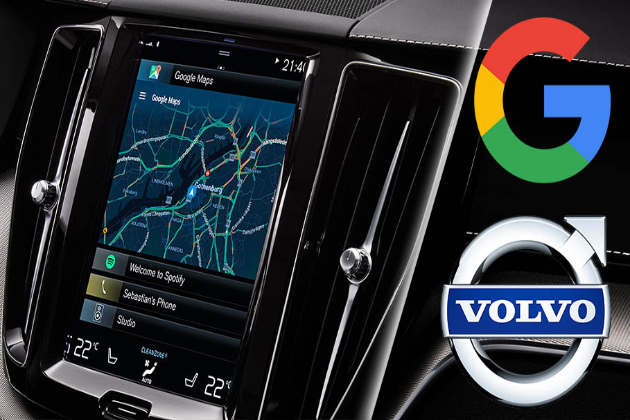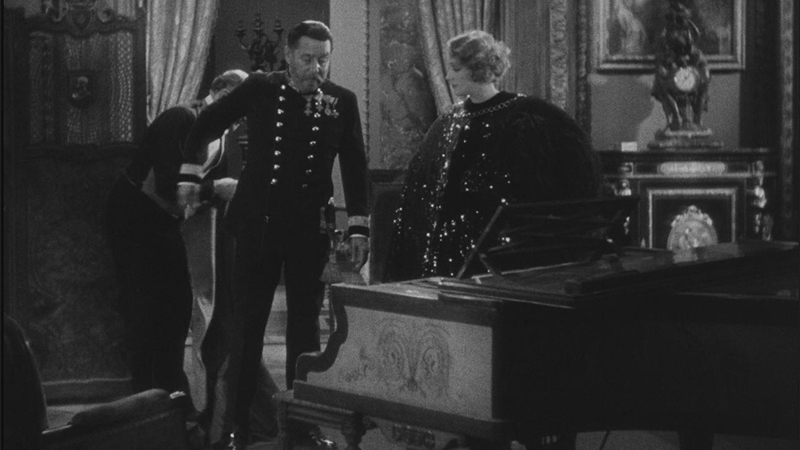Top Risks Covered By Media Liability Insurance
Evertise
22 Sep 2022, 16:54 GMT+10

When you own a business, you must protect yourself from liability. While many companies take out media liability insurance as part of their business insurance package, many small businesses don't realize that this type of coverage also includes risks relating to social media sites and blogs.
This blog post will cover the top dangers covered by media liability insurance and why it is essential when purchasing your business' policy. Here are things covered by media liability insurance.
Advertising Errors
Fortunately, errors in advertising are covered by media liability insurance. Errors can be made by the agency, the client, or the media. Errors made by the agency include incorrect information or misspellings, while errors made on behalf of a client typically involve spelling or grammar errors.
The most common advertising errors are published in print form (such as in magazines) or posted online. When this happens, it's usually due to human error, but sometimes it's because someone didn't understand something correctly and thus wrote something down incorrectly on paper or into a computer program used to create an ad.
Advertising errors are generally not included in general liability policies for media and advertising professionals. However, media liability insurance fills the gap by providing protection against libel and slander defamation, plagiarism, intellectual property infringement, and invasion of privacy.
Invasion of Privacy
If you're in the public eye, it's not a matter of if you'll be photographed but when. And with the prevalence of social media, there are plenty of photos to go around. Sometimes those photos make their way into publications that aren't exactly known for their high moral standards, and they can stay there forever. It is illegal according to the Anti-paparazzi law, which prohibits clicking recording artists, politicians, actors, etc. But not everyone is a celebrity to be protected under this law.
Also, this isn't just about paparazzi or tabloid magazines. Sometimes even respectable news outlets will run images without proper permission (or compensation). If your picture ends up on the front page of The New York Times today and then again in Newsweek tomorrow without your consent, this could be considered an invasion of privacy claim under both state and federal law. The media liability insurance provides advertising injury coverage for this.
Right of Publicity/Privacy
A right of publicity claim arises when a person's name, likeness, or identity is used without their consent in connection with the sale of a good or service. The right can be claimed even if it does not identify the person by name. Instead, it uses other aspects of their identities, such as imitating the person's voice, appearance, or mannerisms.
The right to control the commercial use of one's image is based on an individual's constitutional rights under the First Amendment and state laws that protect against the misappropriation of personality rights. While there are many situations where individuals may have a valid claim for damages against another party who has misappropriated their image for commercial gain, courts consider whether the defendant gained any demonstrable economic benefit before awarding damages for violation.
According to Article 17 of the International Covenant on Civil and Political Rights (ICCPR), everyone is protected against arbitrary or unlawful interference with their personal life. The right to privacy involves protecting individuals from publicity, including disclosing private facts about them without consent and intruding upon their solitude or seclusion. The law recognizes that people have a reasonable expectation that they will not be photographed undressed unless they give express permission (e.g., celebrities giving interviews).
Violation of Copyright/Trademark
Copyright and trademark are forms of intellectual property. Copyright protects the work of art, music, literature, and other creative works. Trademark protects the name or symbol used for goods or services by a business to distinguish its products from those of competitors.
The difference between copyrights and trademarks is that copyrights protect originality in artistic expression, while trademarks protect names and symbols used in commerce to identify products or services. You can easily save your copyrights by registering them with your country's copyright office; however, registering trademarks may not be necessary if you have already established common law rights (i.e., when you use a trade name).
Suppose you do not register your copyrights or trademarks with appropriate government agencies. In that case, someone else could potentially steal them by claiming they were first used by them, even though this is not true (e.g., stealing ideas from someone else's blog post). At times it's unintentional, and if someone is suing you for plagiarism, the media liability insurance covers the risk.
Plagiarism or Infringement
A survey revealed that around 50% of the respondents said they cheated at least once during their school program. Plagiarism is when someone uses your work and claims it as theirs. It can be unintentional, but it's illegal all the same. Plagiarism can occur in many different ways, and there are a few different types of plagiarism that you should know about:
- Direct: This is when you use another person's exact words without giving them credit in your work, intentionally or unintentionally. For example, writing an article about travel photography but failing to cite any sources for your information would qualify as direct plagiarism.
- Paraphrasing: This is when you use another person's ideas or concepts to express yourself but don't cite where they came from by name. For example, if you wrote an article on how traveling has changed over time and included statements like "We've come a long way since…" then that would count as paraphrasing since someone else already said those words elsewhere (probably).
- Theft: This type of plagiarism involves taking ownership over someone else's work without their permission or consent, not just using their ideas without giving them credit for them.
Media Liability Offers Coverage for Many Types of Risks
This type of insurance offers coverage for many types of risks. For example, suppose you are a media company responsible for producing and distributing content to your audience. In that case, you will want to ensure that the content is protected from legal action or fines. If a viewer were to sue you because they felt that the content was offensive somehow, then significant financial penalties could be involved. A good solution would be an insurance plan covering this scenario.
Another scenario where media liability insurance comes in handy is when there has been an error made by one of your employees on social media or elsewhere online where they may have made a mistake regarding fact-checking before posting something online. This type of situation can result in lawsuits against your company due to poor practices, which makes appropriate coverage extremely important.
These are two examples where having proper coverage can help protect against adverse consequences from various types of mistakes made by either yourself or others working within your company. But there are also other kinds which aren't necessarily covered under traditional policies like this because they aren't considered risky enough (such as copyright infringement).
 Share
Share
 Tweet
Tweet
 Share
Share
 Flip
Flip
 Email
Email
Watch latest videos
Subscribe and Follow
Get a daily dose of Tampa Star news through our daily email, its complimentary and keeps you fully up to date with world and business news as well.
News RELEASES
Publish news of your business, community or sports group, personnel appointments, major event and more by submitting a news release to Tampa Star.
More InformationBusiness
SectionUS drug launch prices double in four years, Reuters finds
BRUSSELS, Belgium: U.S. drugmakers are charging significantly more for new treatments, particularly those targeting rare diseases,...
Allegations of secret nursing home deals shake UnitedHealth
MINNETONKA, Minnesota: UnitedHealth shares took a sharp hit this week, after a report by the UK's Guardian alleged the healthcare giant...
Trump-backed $1.5 billion golf project breaks ground near Hanoi
HUNG YEN, Vietnam: A new US$1.5 billion luxury golf and residential project backed by the Trump Organization officially broke ground...
Aussie firms upbeat on China outlook despite trade tensions
SYDNEY, Australia: Australian businesses are feeling optimistic about their prospects in China despite escalating global trade tensions,...
Russia’s top oil company takes over largest rare earth deposit
MOSCOW, Russia: Russia's top oil company, Rosneft, has taken over control of the country's largest rare earth metals deposit, Tomtor,...
Volvo Cars steps up partnership with Google to make Android software
GOTHENBURG, Sweden: Volvo Cars is stepping up its collaboration with Google to become the lead development partner for Android automotive...
Business
SectionUS drug launch prices double in four years, Reuters finds
BRUSSELS, Belgium: U.S. drugmakers are charging significantly more for new treatments, particularly those targeting rare diseases,...
Allegations of secret nursing home deals shake UnitedHealth
MINNETONKA, Minnesota: UnitedHealth shares took a sharp hit this week, after a report by the UK's Guardian alleged the healthcare giant...
Trump-backed $1.5 billion golf project breaks ground near Hanoi
HUNG YEN, Vietnam: A new US$1.5 billion luxury golf and residential project backed by the Trump Organization officially broke ground...
Aussie firms upbeat on China outlook despite trade tensions
SYDNEY, Australia: Australian businesses are feeling optimistic about their prospects in China despite escalating global trade tensions,...
Russia’s top oil company takes over largest rare earth deposit
MOSCOW, Russia: Russia's top oil company, Rosneft, has taken over control of the country's largest rare earth metals deposit, Tomtor,...
Volvo Cars steps up partnership with Google to make Android software
GOTHENBURG, Sweden: Volvo Cars is stepping up its collaboration with Google to become the lead development partner for Android automotive...







